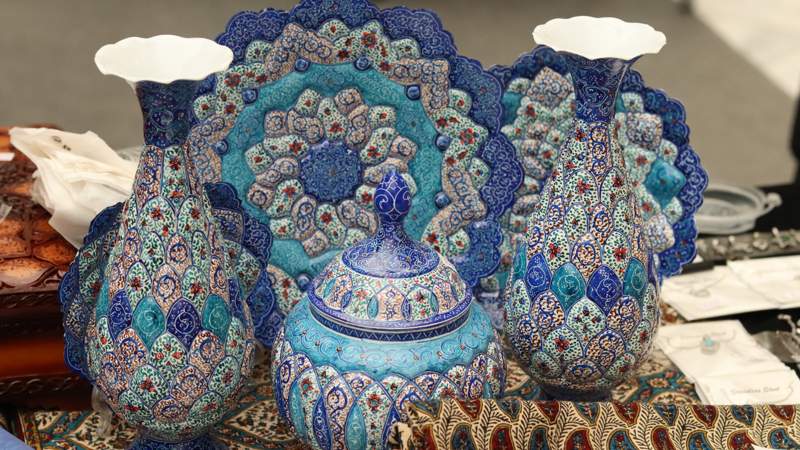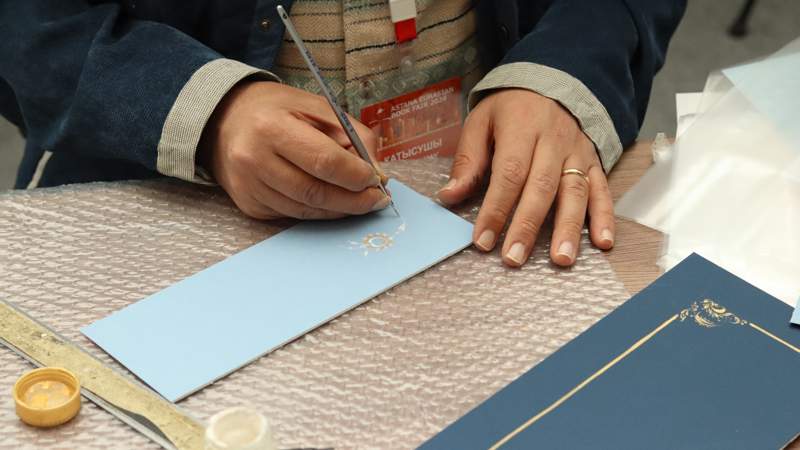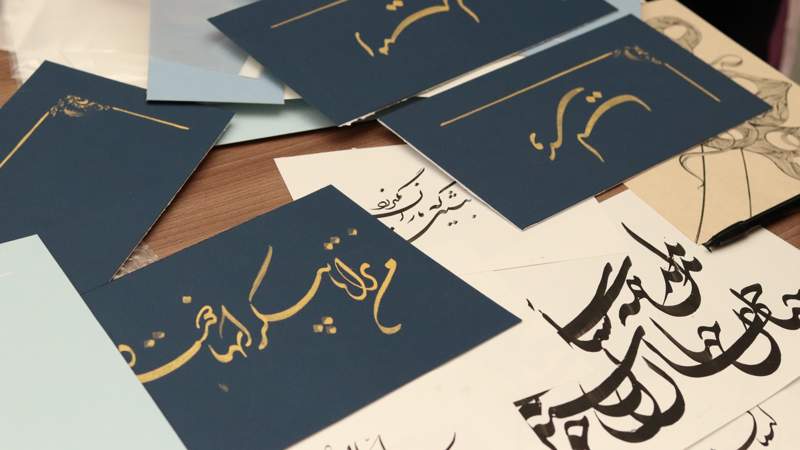Eurasian Book Fair takes place in Astana, gathering book lovers

The Eurasian Book Fair returned to Astana this week. The fair is a significant cultural event in the Eurasian space, uniting leading publishing, bookselling, scientific, educational and printing companies from Europe and Asia, reports Kazinform News Agency correspondent.
The main goal of the book fair is to popularize reading, form a reading culture, and present to potential readers and buyers the best modern range of book products from leading publishing houses, and new technologies in the field of book publishing and printing.
It also aims to study the experience of the global book publishing and printing industry, establish contacts, and demonstrate achievements in the publishing industry.
Publishers from Turkiye, Uzbekistan, Azerbaijan, and Russia, among other countries, participated in the program. Well-known state and public figures of the country, writers, and ambassadors of foreign countries were invited to the exhibition's opening ceremony.

As part of the exhibition, the Best Book of the Year competition will be held in such categories as Best Educational Book, Best Local History Publication, Book for Children and Youth, Culture and Art, Science and Innovation as well as the Grand Prix.
Each festival participant represents a unique company or organization actively involved in the book industry.
One of the festival participants presents books only in the Kazakh language to popularize classics, primarily by Kazakh authors. The publishing house focuses on children and students and offers affordable prices for books.
Foreign diplomatic missions also participated in the festival, presenting not only books but also their countries' rich cultural heritage.

The Iranian Embassy presented the richness of its culture through books by Iranian authors, various vases, pictures, and jewelry, and also invited a Persian calligraphy master to demonstrate his mastery of the art of writing.
Among the books on display in the Kazakh language, “Masnavi,” a work by the famous Persian Sufi poet of the 13th century, Rumi, attracted special attention.

Rich in wisdom and insight, this book is designed to bring inspiration and spiritual enrichment to both children and adult readers. Translated into Kazakh, it becomes accessible to a wide audience, contributing to the dissemination of the cultural heritage of Iran and strengthening cultural ties.

The Spanish Embassy, in turn, contributed by presenting books by Spanish authors in the Kazakh language, thereby expanding the accessibility of Spanish literature to the Kazakh audience.
At the stand of the Spanish Embassy, festival visitors had the opportunity to get acquainted with books by Spanish authors that were translated into Kazakh, for example, “Los Círculos del Infierno” by Justo Jorge Padrón. Translation of other books is planned to continue cultural exchange and develop relations between Spain and Kazakhstan.
Eurasian Book Fair continues until April 21, offering visitors many more interesting events and opportunities to immerse themselves in the world of literature.
